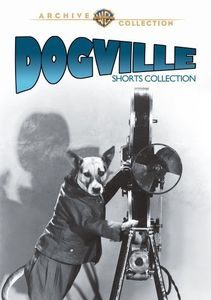Going through that Mill Creek box set of crime movies, I recently decided to watch another completely new to me movie off of it, A Life at Stake.
Keith Andes plays Edward Shaw, a man who got into the building trade after World War II much the same way Zachary Scott's character in The Unfaithful was. The only thing is that in Edward's case, one of the deals went south, and a whole bunch of his good friends lost their investments. Apparently Shaw wound up with a $1,000 bill out of it, which he had framed and refuses to break for... reasons that aren't really well explained.
Shaw lives in a rooming house run by an unnamed landlady (Jane Darwell), and coming to visit Shaw is lawyer Sam Pearson (Gavin Gordon). Pearson has an offer for Shaw that might get those debts paid off, and might get Shaw to start building housing developments again. The backers are the Hillmans, wealthy Gus (Douglass Dumbrille) and his much younger wife Doris (Angela Lansbury).
Edward meets Doris out by the swimming pool at her house, and it seems like there might be some sparks between the two of them. At any rate, Edward agrees to the deal and is even able to get Gus to pay off the debts, at least in installments. He's putting up enough money that doing all of it at once is going to be difficult.
One minor detail in the agreement is that the Hillmans are going to take out "key man" insurance on Edward. This sort of insurance is often for something like a TV show where if one key star dies suddenly, it'll pay off for all the people who will be put out of work by the star no longer being there. But in this case architect Edward is nominally supposed to be that key man, if you can believe it.
Edward has good reason to believe it's bogus, especially when it turns out that another of the Hillmans' business associated died in Wyoming under mysterious circumstances. After all, why do they need that much insurance on a little old architect? And why did they get an insurance policy that's non-cancellable (and why would the insurance company agree to that)? And why are they trying to drug him?
You can guess where things are going to go, with Edward getting increasingly paranoid and the Hillmans possibly trying to kill him. This is an ultra-B movie despite the presence of Lansbury, so there really aren't any surprises, especially as all of the wacky plot details wind up being more important by the end of the movie.
The print on the box set I have doesn't have a production company logo at the beginning, having been made independently by some studio I hadn't heard of; unsurprisingly, the print is also a bit raggedy. While A Life at Stake is by no means a great movie, it's the sort of thing you could imagine getting played on some local station's Late Late Show.


